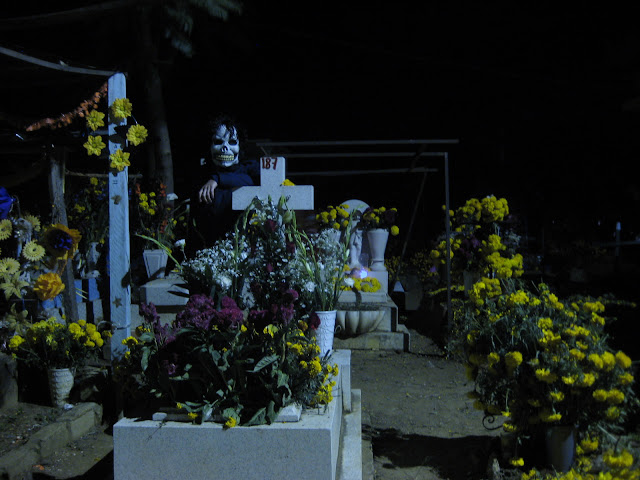The Bible is to all mankind a work of art, and to some Christians a work of truth. Is this truth illuminated by its artistry, or obscured by it? Should the Bible be read as a purely devotional text, or as a text in which language is as divine as content?
Modern Christian translations of the Bible assign primacy to intelligibility, in order to facilitate pure devotion without the distraction of obscure complexity. In so doing, they must refashion florid language into the common mundane, clarify opaque and mysterious fables into lucent morality tales. In the process they must strip art from the scriptures, untangle the literary from the liturgical, and leave a text of merely devotional value. The translator is contending that the Bible should not be acclaimed for anything other than its religious significance.
But is it not through encountering art that we can encounter, as humans, uniquely, our experience of the divine? What divinity can be encountered without transcending the merely human, the instructional mundane?
There are many translations which appeal solely to the devout. The devout can have them. I would like to see an atheist’s Bible of pure literature, untainted by the stain of religious association. The Bible stumbles on weighed down by a dead God hanging like an albatross from its neck. It should be saved before it is pulled under. We should not throw out the Bible with the bathwater of organised religion. I would like to see a Bible stripped completely of its devotional elements, with God on the cutting room floor, and left as a book of human wisdom and human art. Humans wrote every word in the Bible: unearthed every psychological truth, had every mystic revelation, created every heart-stopping metaphor, grappled with the terrifying and uncompromising truths of existence and constructed a place for mankind in a seemingly chaotic world: it’s time to take sole credit for this achievement: to acknowledge the human divine.
1611 King James (1611) vs New International Version (1978)
1 Corinthians 13:For now we see through a glass darkly
Now we see but a poor reflection as in a mirror
Ecclesiastes 1:1
Vanity of vanities, saith the Preacher, vanity of vanities; all is vanity.
"Meaningless! Meaningless!"
says the Teacher.
"Utterly meaningless!
Everything is meaningless."
says the Teacher.
"Utterly meaningless!
Everything is meaningless."
Mathew 6:28
Consider the lilies of the field, how they grow; they toil not, neither do they spin:
See how the lilies of the field grow. They do not labor or spin.




No comments:
Post a Comment